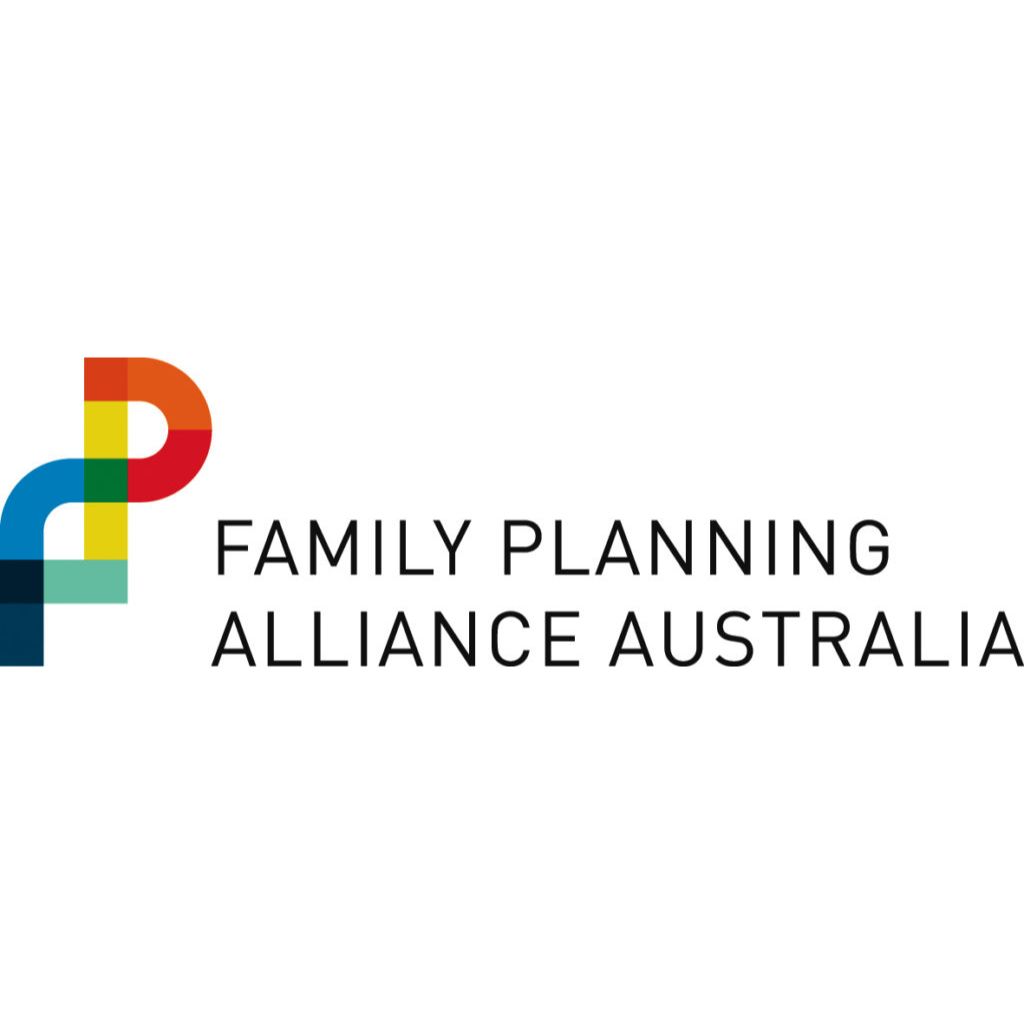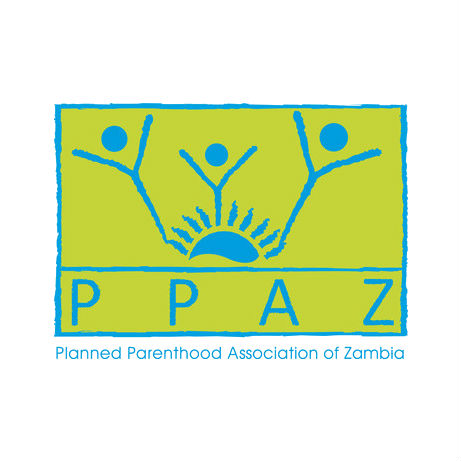

| 31 March 2016
Family Planning Alliance Australia
FPAA is a long-standing alliance of the key sexual and reproductive health organisations from each of the Australian states and territories and is their national policy and advocacy voice. Through the IPPF network FPAA links internationally with organisations of like mind, to further sexual and reproductive health and rights for all. Our work cuts across national government strategies and policy frameworks in the portfolios of health, education, gendered violence, e-safety, child sexual abuse and international development. FPAA members provide a wide range of integrated sexual and reproductive health services that include health promotion, prevention, early intervention, diagnosis, treatment and support. We build capacity and strengthen systems by translating the best available evidence into information and education for individuals, community, and health professionals. We are inspired by working in partnership with our priority populations which include people who are: young women of diverse genders and sexualities Aboriginal and Torres Straits Islander of all abilities of all cultures While services, collaborations and cross-referral pathways may vary in each state or territory, our work is always intersectional. We feel privileged to be contributing to the bigger picture.

| 31 March 2016
Planned Parenthood Association of Zambia
The Planned Parenthood Association of Zambia (PPAZ) was created in 1972. Then, it was dedicated to the promotion of family planning services. Over the years, it has evolved into a major service provider and advocacy body, with significant input into government policy on sexual and reproductive health (SRH) issues. Services offered include family planning, voluntary counselling and testing (VCT) for HIV, the treatment of sexually transmitted infections (STIs), antenatal and post-natal care, emergency contraceptive provision, laboratory tests, and screening. PPAZ refers clients on for additional services including prevention of mother-to-child transmission (PMTCT), antiretroviral treatment and home-based care. The organization operates 3 static clinics, 11 mobile units and 10 community-based services (CBSs). It has a full-time staff of 34, backed by 1,300 volunteers which include over 200 community-based distributors (CBDs) and 398 peer educators. In total, PPAZ runs 229 service points. PPAZ places a strong emphasis on HIV and AIDS prevention and treatment: as the statistics show, HIV prevalence rates are exceptionally high in Zambia. PPAZ has worked intensively on integrating gender and empowerment perspectives into HIV prevention. It has undertaken behaviour change communication projects directed at young people, both in and out of school settings, and it’s taken similar projects out to rural communities. PPAZ partners extensively with non-governmental organizations (NGOs), particularly those involved in youth and HIV and AIDS work. It receives financial support from Care international, UNICEF, the Japanese Organisation for Cooperation in Family Planning (JOICEP), Forum RFSU and IPPF’s Japan Trust Fund.







